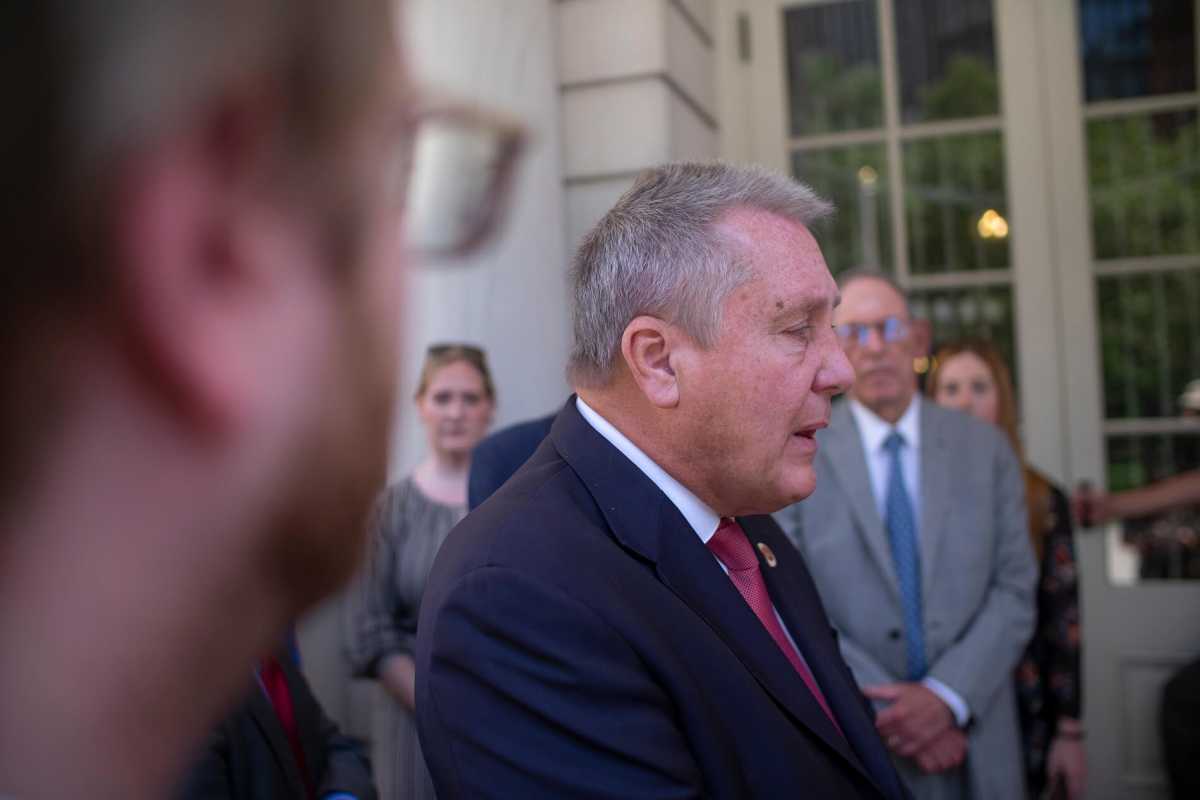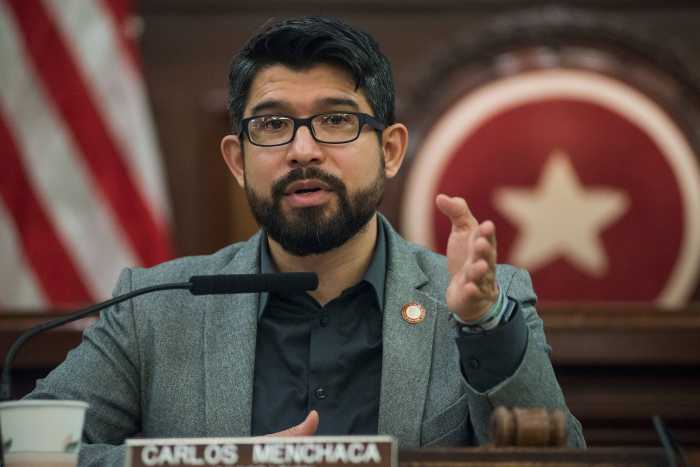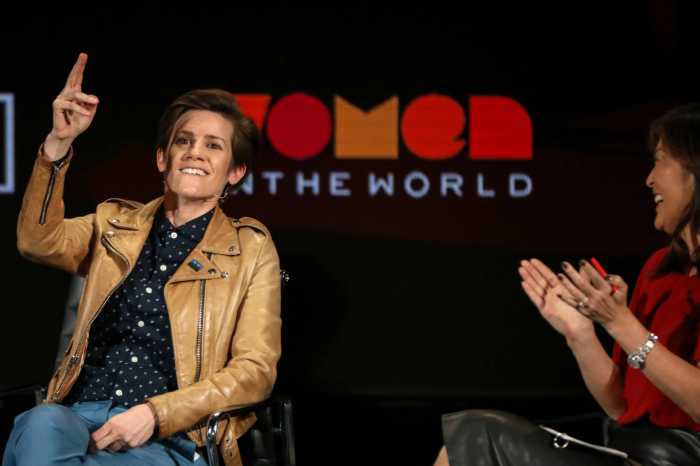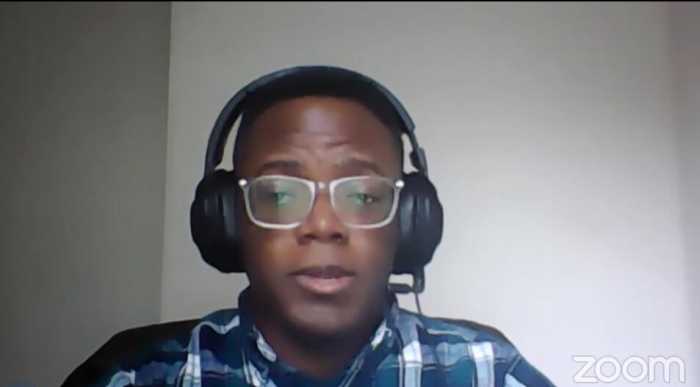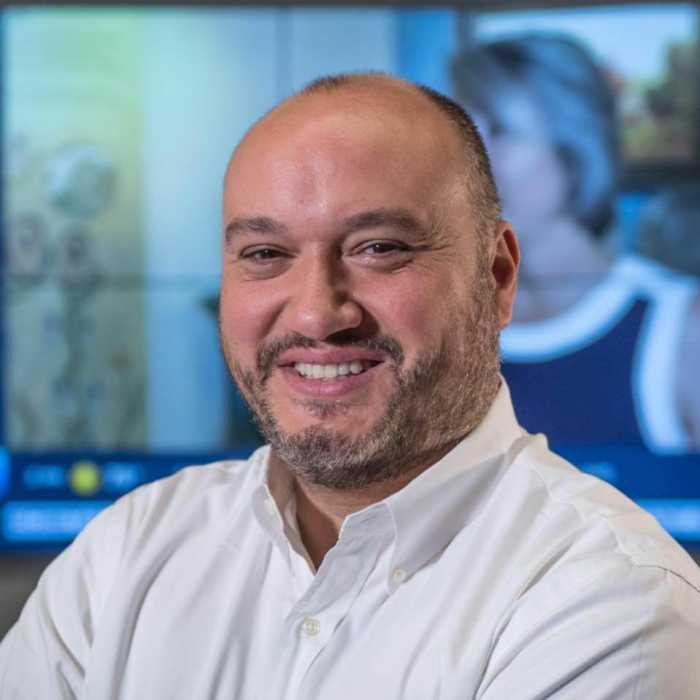The $99 billion city budget for 2022 is bringing additional funding to a range of LGBTQ-related initiatives, including programs geared towards trans healthcare, LGBTQ curriculum in schools, and ending the HIV/AIDS epidemic.
Much of the funding for queer causes is not baselined, meaning it must be renewed annually. For now, though, compared to last year’s budget, funding appears to be on the rise in several areas — and some initiatives are getting far more significant boosts, including the Trans Equity program, which provides trans and gender non-conforming New Yorkers employment services, education, healthcare navigation, legal assistance, and more. That program will get a $1.3 million increase for a total of $3,275,000.
The LGBTQ-inclusive curriculum is getting a hefty $2 million increase from $800,000 last year for a total of $2.8 million. The funding is intended to “support the needs of LGBTQ youth and address the intersectionality of race, sexual orientation, and gender identity through [the Department of Education’s (DOE)] general curriculum,” according to the budget. Of that $2.8 million, $250,000 is going to New York City Parents of Lesbians and Gay Men, Inc., while WNET, the LGBT Network, the Lambda Literary Foundation, and Hustory UnErased, Inc. will all get $100,000. The city is giving $25,000 apiece to LGBT Youth Out Loud and Fund for the City of New York, Inc. – NYC LGBT Historic Sites. The rest of the $2.8 million will be given out after the budget is adopted.
Term-limited out gay Councilmember Daniel Dromm, who plays a major role in the budget process as chair of the Finance Committee, said the DOE’s manager of LGBTQ programs, Eric Vaughan, told him there is greater demand for inclusive education.
“The number of schools calling and asking for advice on LGBTQ kids has been somewhat overwhelming for him, so I hope they will use that additional funding to work with him on that — because a lot of guidance is still needed in terms of how the DOE responds to LGBTQ students,” Dromm told Gay City News.
As an example of the need for such funding, Dromm pointed to the case in Queens of a boy who suffered anti-LGBTQ bullying and allegedly faced hostility from the school when he spoke up about it. His father, Jason Cianciotto, has filed a lawsuit.
Dromm also touted a $25 million allocation over two years to the New York Historical Society’s incoming LGBTQ Museum, which is slated to begin construction next year.
Among other areas, additional money intended to help end the HIV/AIDS Epidemic in New York is also on the way. The city will set aside an extra $1.7 million to bolster that effort on top of the $6 million from last year. Those funds will be distributed to more than three dozen groups — with the biggest chunks going to the LGBT Community Center ($452,500), New York Presbyterian Hospital ($427,500), and Housing Works ($433,094).
There were also some smaller increases in funding. LGBTQ senior services in every borough will get $1.5 million, which is up by $100,000 from last year. Of that $1.5 million, $280,000 is going to Queens Community House, Inc., while $1.12 million is being allocated to SAGE and $100,000 will be allotted later on. GRIOT Circle, which serves LGBTQ seniors of color, is getting $18,000 in combined discretionary funds from Councilmembers Carlos Menchaca and Laurie Cumbo for “core programming.”
The city is also increasing money intended to support “people involved in the sex trade” by $300,000 to $4.43 million. New funding sources within this program include $100,000 for the Urban Justice Center’s Sex Workers Project, which works to identify immigrant trans survivors of trafficking.
LGBTQ youth “all-borough mental health” services are getting an uptick in funding from $1.02 million in the last year to $1.2 million this coming year.
Funds earmarked for services benefitting transgender and gender non-conforming New Yorkers under the Trans Equity effort will be spread out across the Department of Youth and Community Development — which is getting the lion’s share of $1 million — along with GMHC ($500,000), the Transgender Legal Defense and Education Fund ($350,000), the TransLatinx Network ($300,000), Pride Center of Staten Island ($250,000), the LGBT Community Center ($250,000), Destination Tomorrow ($250,000), the Ackerman Institute for the Family ($250,000), and Community Health Project ($125,000).
The Department of Youth and Community Development is also hauling in another $1.1 million for LGBT Community Services. Other groups receiving money for LGBT Community Services include Long Island Gay and Lesbian Youth, which is getting $750,000; Pride Center of Staten Island, which is bringing in $400,000; and The Door, Destination Tomorrow, and GLAAD, which all get $250,000. Nearly a dozen other groups are also getting six-figure funding boosts as part of LGBT Community Services.
Looking back on his final budget as finance chair Dromm said he is pleased that the city expanded funding for the LGBTQ community. He acknowledged the shorter-term nature of discretionary funding but also noted that the process of baselining funds can be tedious and drawn-out — and he hopes the next City Council addresses that.
“In the 2021 budget we cut back on a number of services, but we were able to bring people back to historic levels,” he said. “I’m very proud of that.”
The budget season came and went with less fanfare than last year’s budget, which coincided with the nationwide movement against police brutality and racism following the murder of George Floyd in Minneapolis. Out gay Councilmember Jimmy Van Bramer of Queens, who opposed the budget last year because it failed to meet activists’ demands to shift police funding elsewhere, voted against it again this time around, saying the budget “failed to re-envision public safety.”
“Last year’s uprising and budget fight was not just a moment; my personal beliefs have not changed,” Van Bramer said in a written statement. “While there is some good news for culturals and libraries in this budget, I believe that we can and must allocate more funding to our culturals and libraries, supporting artists and other programs that we know result in better educational outcomes and keep young people from involvement in the justice system to begin with. Increasing the overtime budget for the NYPD doesn’t do that. I thank all those who worked and advocated for the terrific things in this budget, but I must vote no on this budget.”
Menchaca voted in favor of the budget this year after opposing it last year.

